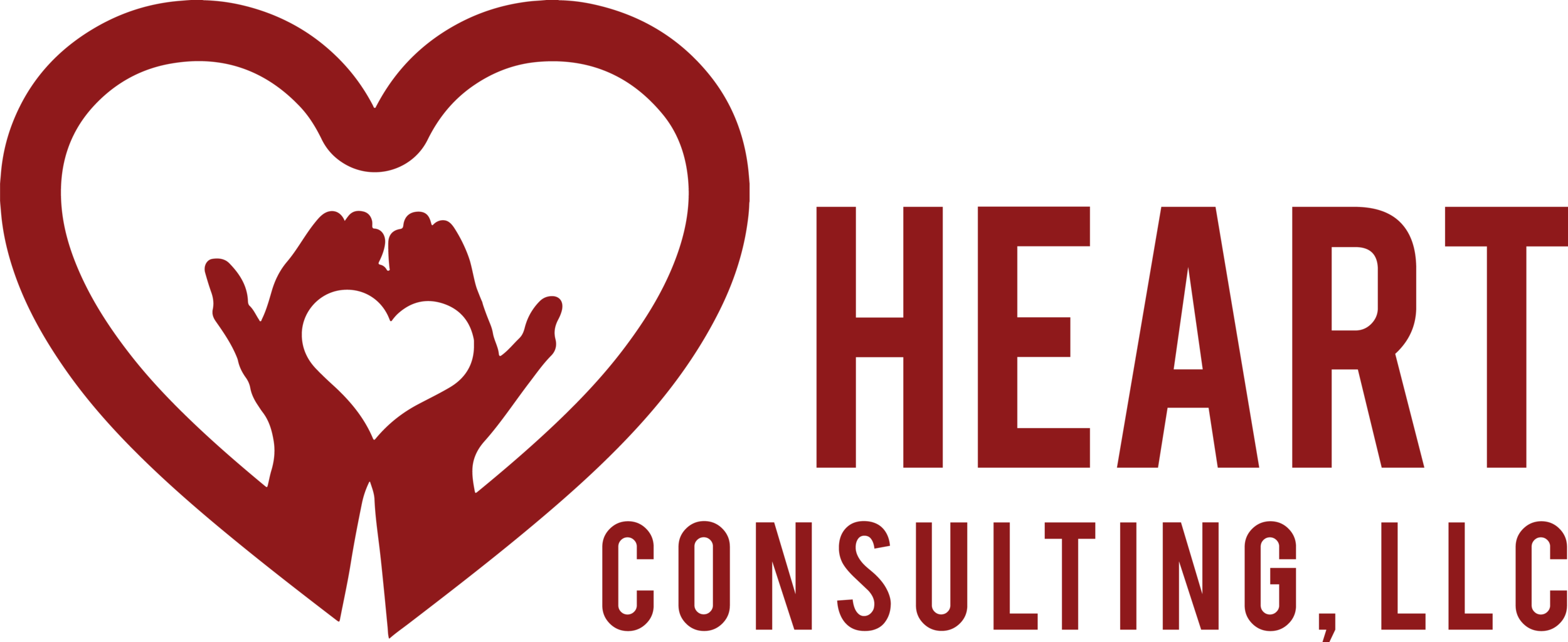Victim Blaming
Trigger Warning: This blog, and the page it links to, contains information about sexual assault and/or violence, which may be triggering for some people.
As we approach the end of Sexual Assault Awareness Month, I think it’s important to highlight one of the biggest issues I’ve personally encountered during my experiences working with survivors - victim blaming. To get the conversation started, check out this video: “If a robbery report was treated like a rape report.”
It seems ridiculous to blame a robbery victim, right? If an item was stolen from our home, we wouldn’t expect police to ask about whether or not our blinds were open, or for them to threaten to use our tone of voice against us during a high stress situation. For some reason, these types of questions are customary when someone reports a sexual assault. Unfortunately, these questions don’t just come from the police, but from friends and family, too.
“Why did you go there alone?”
“How much had you been drinking?”
“I did see you flirting with them…”
“Were you carrying your pepper spray?”
“You know you shouldn’t be in that neighborhood.”
“Well, your skirt was pretty short…”
“If you kissed them, what did you think was going to happen?”
The list goes on and on. It’s easy to figure out why so many sexual assaults go unreported. Not to mention, why many male victims of assaults never tell anyone at all. In those instances, additional comments are piled on that call a man’s sexuality, physical strength, and “manhood” into question.
This is even more common for people with disabilities. People with intellectual and developmental disabilities are often given “consequences” for “inappropriate behavior”. You don’t come home on time….punishment. You “act out” or talk back to your staff because you are having a hard day….no “community outing” for you! People with disabilities have been trained that if they do not act in a certain way, approved by the professionals working with them, there will be consequences. So it is even more important to watch your wording and what you say after someone with an intellectual/developmental disabilities discloses a sexual assault.
When we only focus on the actions of the victim, instead of the perpetrator, we’re implying that there was something the victim could have done to avoid the incident, instead of realizing that a perpetrators actions are a result of their own choices. Sexual violence is generally perpetrated by a small number of individuals, who target numerous victims, and they don’t stop until they are caught. When we approach this issue by focusing on the victim, we’re creating a cycle that allows perpetrators to continue traumatizing others, because we’re silencing survivors.
Homes with security systems still get robbed. Buildings with fences are still broken into. Cars with alarms are still stolen. In all of these cases, no one thinks twice about what else could have been done to avoid the crime. Why should that be any different for cases of sexual violence?
